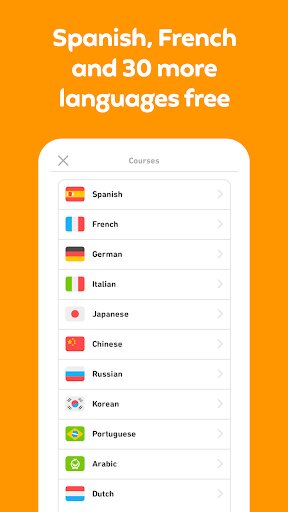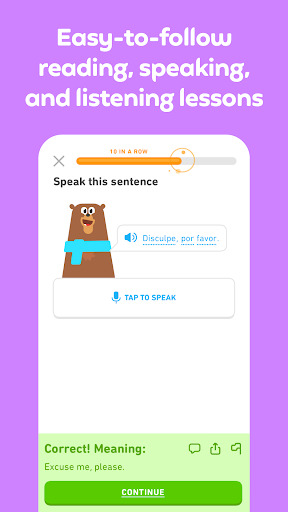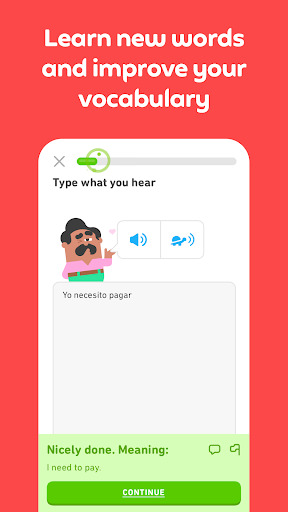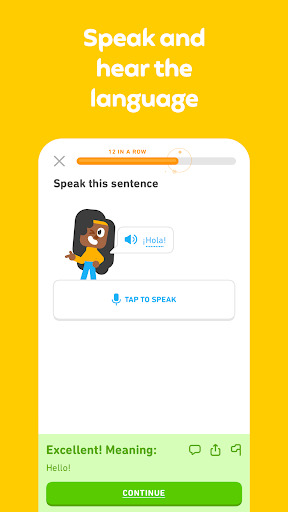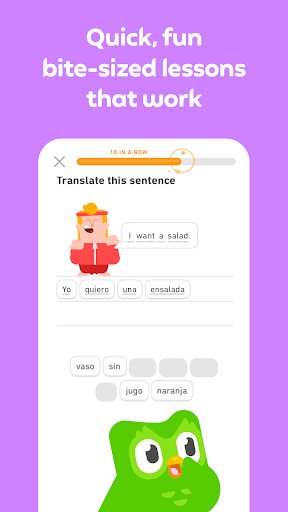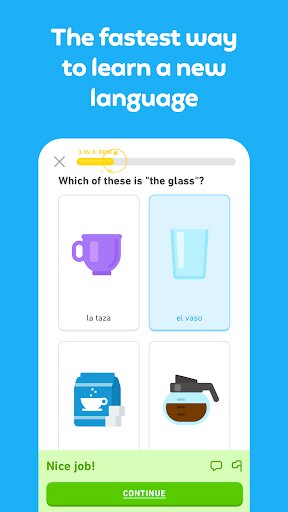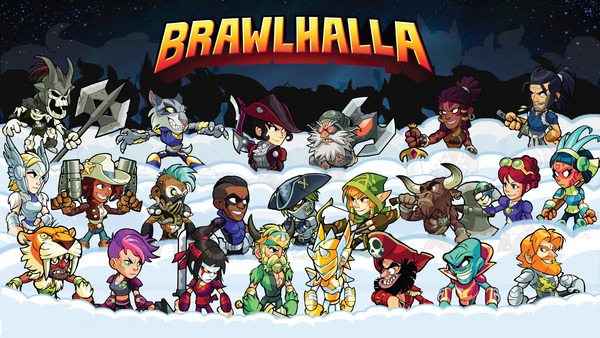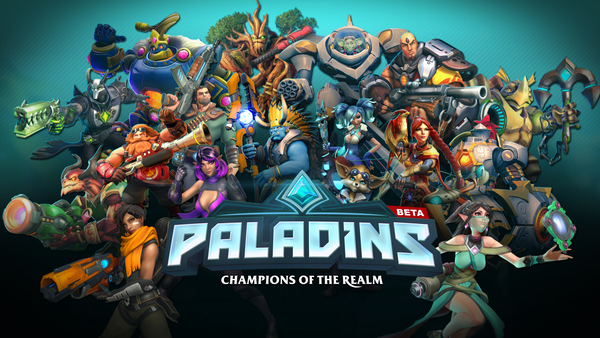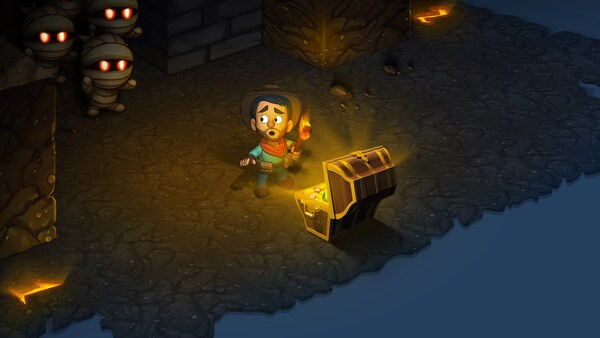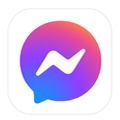Popular Now
A Comprehensive Review of ChatGPT: AI at Your Fingertips
In recent years, artificial intelligence (AI) has made remarkable strides, becoming an indispensable tool across various fields. One of the standout products of this progress is ChatGPT—a language model developed by OpenAI. With its advanced natural language processing (NLP) capabilities, ChatGPT has garnered significant attention and offers practical applications across numerous aspects of daily life. In this review, we’ll take an in-depth look at ChatGPT, exploring its abilities, potential uses, strengths and weaknesses, as well as potential areas for improvement.Natural Language Processing Capabilities
The first thing to address when discussing ChatGPT is its natural language processing capabilities. ChatGPT is an advanced version of the GPT-3.5 model, trained with billions of parameters from a vast amount of data. As a result, ChatGPT is capable of understanding and responding to user queries and requests in a way that is both natural and accurate. What sets ChatGPT apart is its ability to generate high-quality text that closely mimics human language. It can answer questions ranging from simple to complex, assist in writing, generate content, and even participate in conversations with coherence and fluency. This makes ChatGPT a valuable tool across various fields, including education, customer service, writing, and many others.Practical Applications
ChatGPT is not just an interesting tool for interaction; it also has a wide range of practical applications in both personal and professional contexts. In education, ChatGPT can be used to support teaching, helping students resolve their queries, and providing information and study materials. In customer service, ChatGPT can replace or assist human agents in handling basic customer inquiries, saving businesses time and money. Additionally, ChatGPT is a powerful aid in content creation, from writing blogs and drafting emails to scripting videos or crafting social media posts. For professionals working in creative fields, ChatGPT can be a valuable assistant, helping to boost productivity and alleviate some of the workload.Strengths of ChatGPT
One of ChatGPT’s greatest strengths is its convenience and ease of use. Users do not need to have an in-depth knowledge of technology or programming to interact with ChatGPT. Its simple, user-friendly interface allows anyone to easily begin using this tool. Another notable strength of ChatGPT is its ability to understand context and generate appropriate responses. The model can maintain a coherent conversation, remembering information from previous exchanges to provide more accurate and logical responses. This creates an experience similar to conversing with a real person, enhancing user engagement and satisfaction. Moreover, ChatGPT supports multiple languages, enabling users from around the world to access and utilize the tool with ease. The flexibility and scalability of ChatGPT are also commendable, as it can be integrated into various applications and services to create customized solutions tailored to specific needs.Areas for Improvement
Despite its many strengths, ChatGPT is not without its flaws. One of the most significant limitations is its tendency to produce inaccurate or illogical information. Since ChatGPT is trained on data from the internet, it can sometimes generate responses based on misinformation or outdated content, leading to incorrect answers. This requires users to cross-check and verify the information received from ChatGPT. Another issue is ChatGPT’s difficulty in handling complex queries or requests that require deep expertise or high-level logical analysis. In some cases, ChatGPT’s responses may lack accuracy or fail to fully align with the context, leading to misunderstandings or user disappointment. Security and privacy are also major concerns when using ChatGPT. Because this tool operates by collecting and processing data, there is a potential risk of personal information or sensitive data being exposed. Therefore, users need to be cautious when sharing information with ChatGPT and should only use the tool in safe contexts.Potential Improvements
To make ChatGPT more robust and reliable, OpenAI needs to continue enhancing the model’s information processing and logical reasoning capabilities. Integrating verification mechanisms and improving deep understanding could make ChatGPT more trustworthy in situations where high accuracy is required. Additionally, strengthening user security and privacy should be a top priority. OpenAI can develop stronger data protection measures and provide clear guidelines to ensure that users can interact with ChatGPT safely and effectively.Conclusion
ChatGPT is a powerful tool with numerous potential applications in both personal and professional life. While it still has some limitations, ongoing improvements could make ChatGPT an indispensable assistant in many fields. With its advanced natural language processing, ease of use, and high degree of customization, ChatGPT stands out as one of the major breakthroughs in AI in the digital age.-
Developer
OpenAI
-
Category
Productivity
-
Version
1.0.0039
-
Downloads
10M
Pros
👍 1. Enhanced communication: ChatGPT allows for seamless and interactive conversations with users. It can understand and respond to a wide variety of prompts and queries, making it convenient for users to engage with the application.
👍 2. Wide range of applications: ChatGPT can be utilized in multiple domains and industries. It can be integrated into customer service systems, chatbots, virtual assistants, and more. Its versatility makes it suitable for various applications and use cases.
👍 3. Continuous learning: ChatGPT is trained on vast amounts of data, enabling it to learn and improve over time. As it interacts with users and receives feedback, it can constantly enhance its responses and understandings, resulting in a more effective and accurate application.
Cons
👎 1. Lack of consistency: ChatGPT can sometimes provide inconsistent responses, where it might give different answers to the same question or produce confusing and contradictory statements. This can lead to a lack of reliability and trust in the information it provides.
👎 2. Failure to ask clarifying questions: ChatGPT might not always ask for clarification when faced with ambiguous queries or unfamiliar terms. This can result in inaccurate or irrelevant responses, as it attempts to generate a response without fully understanding the context.
👎 3. Potential for biased or offensive content: As ChatGPT is trained on data from the internet, it can sometimes produce biased or offensive responses. Despite efforts to mitigate such issues, the system can still reflect the biases present in the training data, leading to inappropriate or discriminatory answers.
